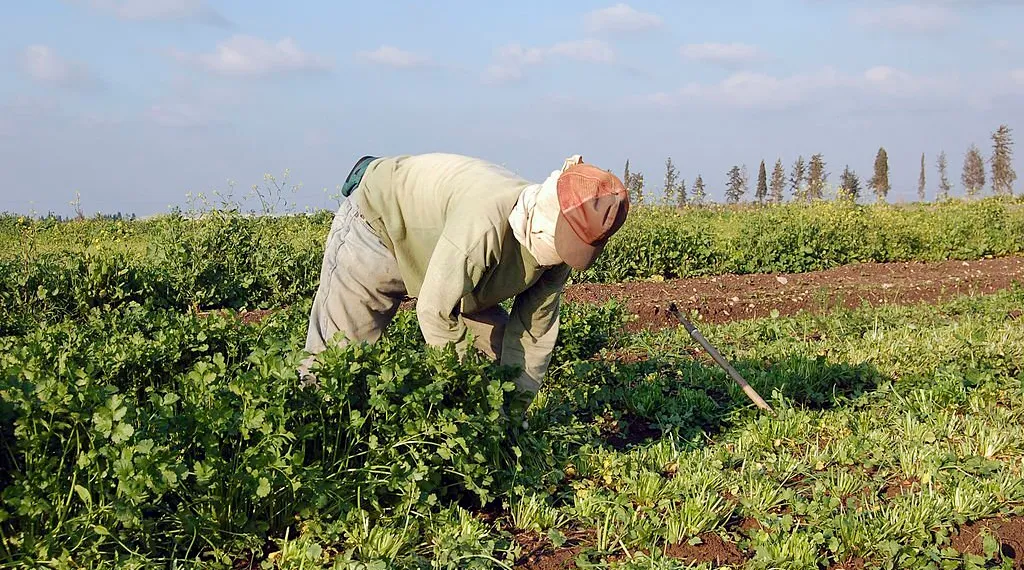The Real Deal: Dealing with Nigeria’s Budget deficits by Dealing with its Housing Deficits
Today, a new generation of Nigerians live through the country’s prolonged battle with two of its biggest socio-economic deficiencies – a protracted housing deficit and recurrent budget deficits.



.png)